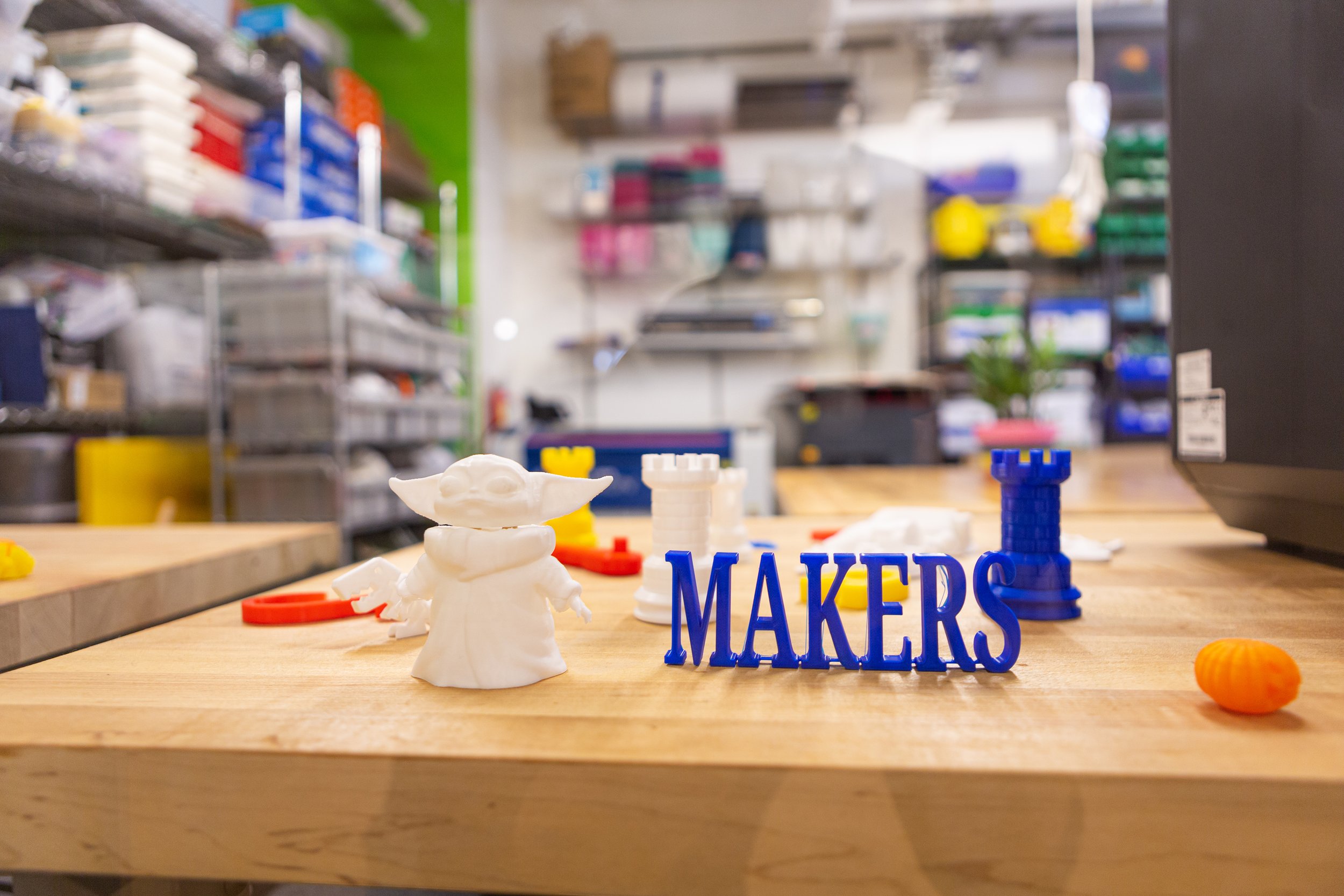
TECHNOLOGY
Speyer's Academic Technology program includes a 1:1 digital device program, starting in third grade, to support our individualized and responsive curricula.
Creative and Computational Thinking (CCT)
Speyer's inquiry-based learning and teaching model provides a platform for immersion in creative processes that weave together technology, analysis, logic, and innovation. Students engage in coding and design projects, exposing them to the languages and programs that are the basis of technological innovation. On a deeper level through Speyer's cross-curricular and cooperative approach, students are able to engage in multi-dimensional project work that strengthens their conceptual understanding of technology as well as its application.
CCT is a core course taught two periods per week in the Middle School, and integrated into all major projects in the Lower School. It has its own discrete scope and sequence that tackles computational and algorithmic thinking, design thinking, digital storytelling, systems, and digital citizenship.
The Makers Lab
The Makers Lab is a bustling space at Speyer that invites students to tinker, build, and innovate. Finding influence in a grassroots movement of inventors, tinkers, hackers, designers, and entrepreneurs that has grown exponentially over the last decade, the Makers Lab provides a safe place to foster creativity, collaboration, problem solving and exploration of ideas. Students from Kindergarten to eighth grade are able to explore concepts and principles from other classes, independent research, collaboration with others, and the power of their own imaginations.
CCT classes are taught in the Makers Lab. Rooted in inquiry-based learning and "learning by doing," CCT challenges students to address questions and challenges facing them, their communities and their society. CCT provides an opportunity for students to integrate their passions, knowledge, and creativity to design and build the solutions to problems they face.
Building something with their own hands helps students uncover knowledge more deeply than rote or surface-level learning required for test-taking. In addition, students learn the value of making mistakes, debugging, trial-and-error, failing fast, and iteration of designs and processes.
As technologies have become more accessible, innovative, and cost-effective, students are able to explore concepts that were once available only to experts in the field. Building and programming robots to pick up objects or respond to obstacles, creating musical instruments using a microcontroller, or designing and coding an online game are only a few ways innovative technologies are being used in our CCT courses.
As digital citizens, students explore issues like digital footprints, privacy, internet safety, and communication to ensure we are responsible and engaged citizens online.
By creating podcasts, documentaries, stop-animations, movies or graphic novels, students can unleash their storytelling potential. In a world where humans have for centuries created man-made solutions inventions , CCT provides opportunities for students to create solutions by literally placing tools in the hands of students.
